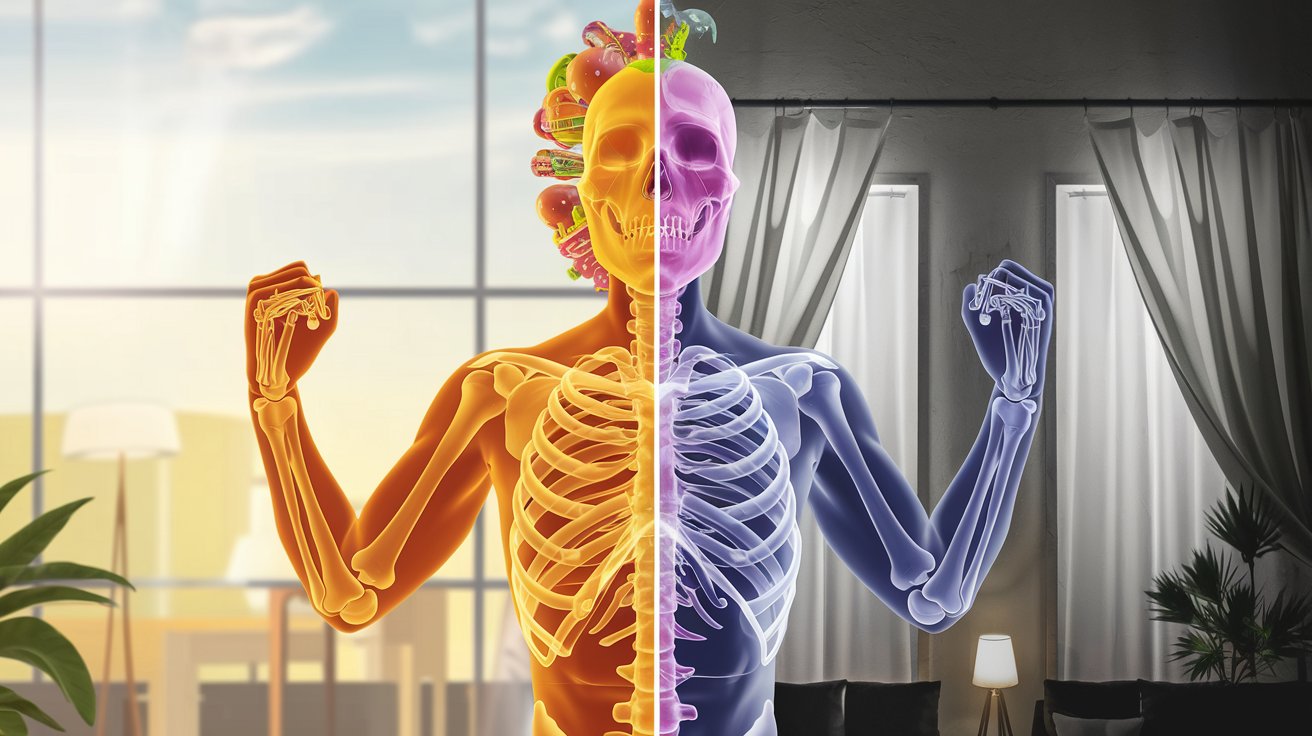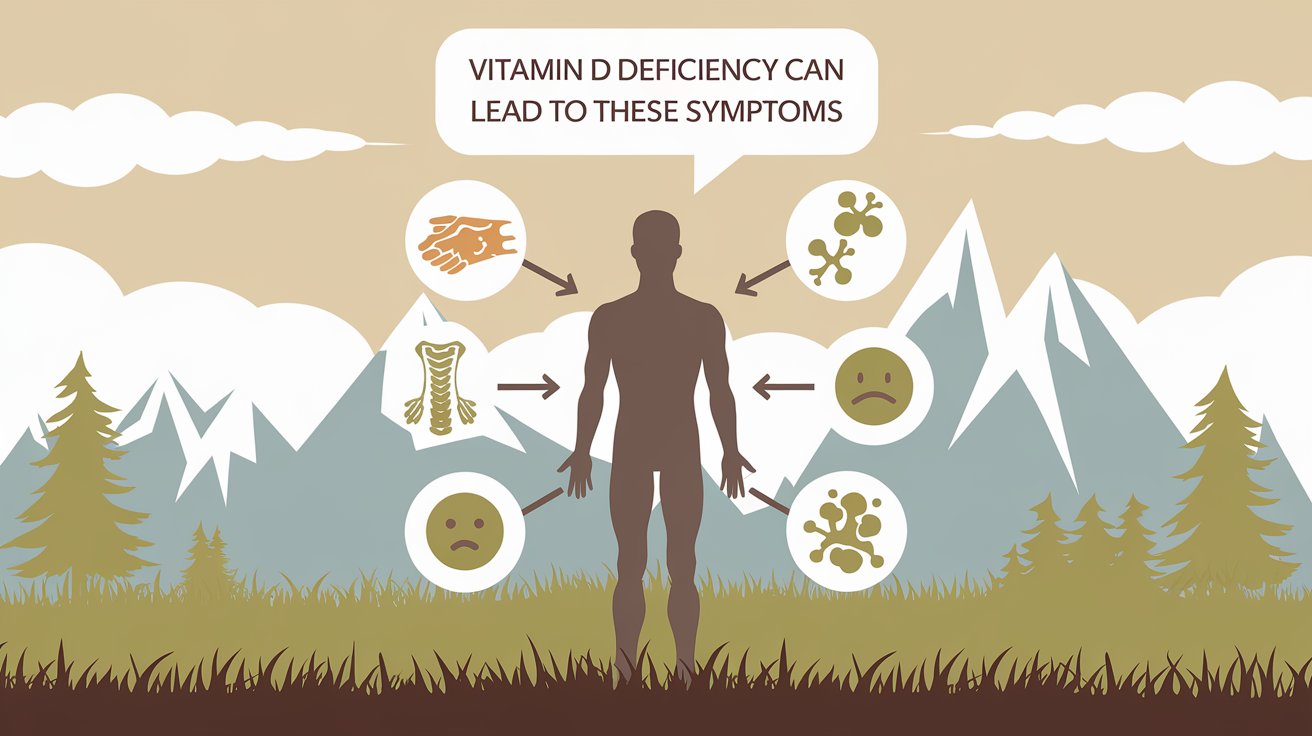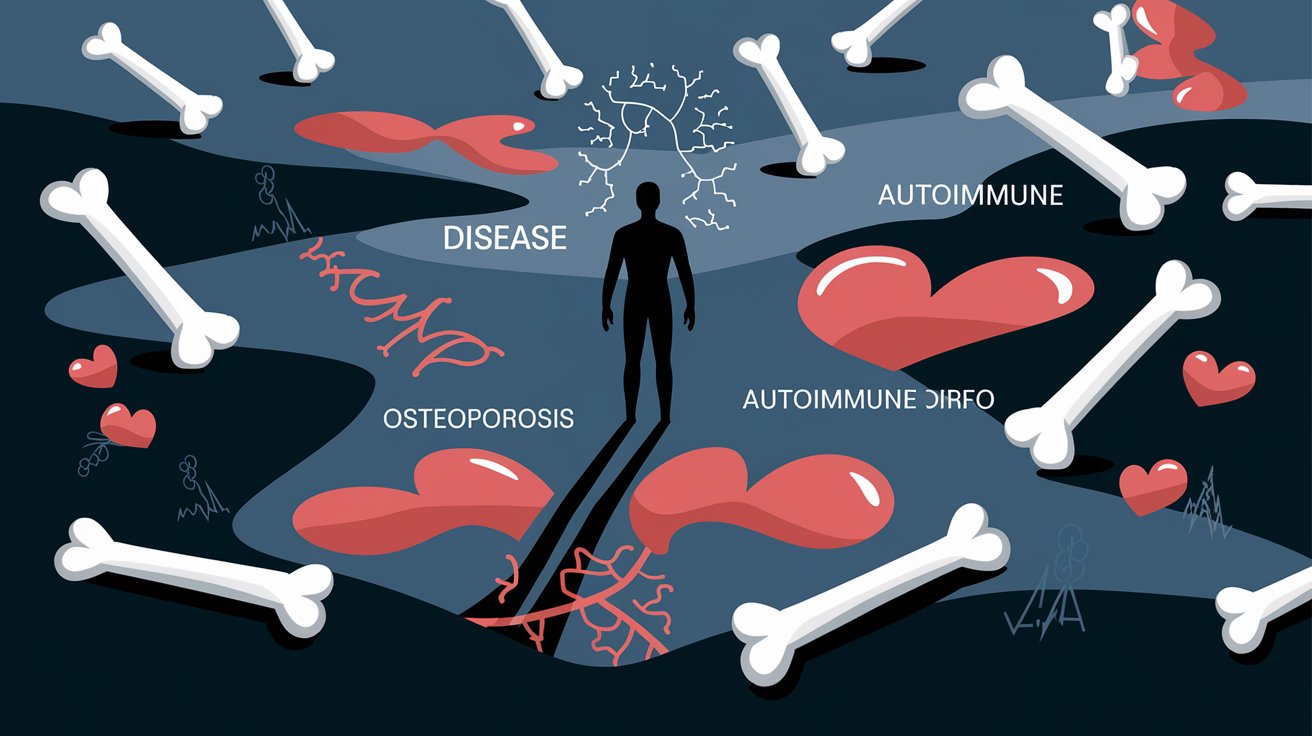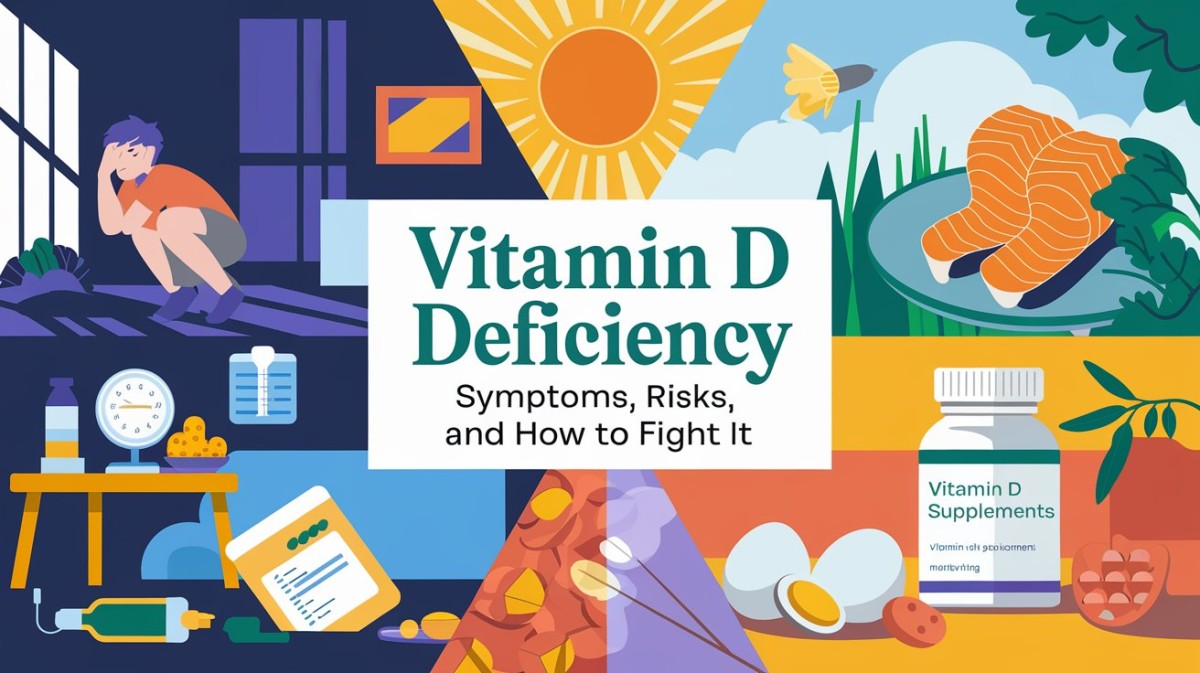Do you always have that feeling of exhaustion that you are constantly burning out?
Do you experience a muscle pain that has no know cause?
The cause might elude you and is as simple as going out into the sunlight. Vitamin D deficiency has been referred to as the ‘silent epidemic’ because the signs and symptoms are masked and people may not know they are vitamin D deficient until the situation gets out of hand.
What is Vitamin D?

Vitamin D, which is also called the ‘sunshine vitamin,’ is a fat-soluble vitamin that is particularly important for the correct amount of calcium and phosphorus in the body; as well as for the maintenance of proper bone and tooth health. It’s also involved in defense mechanisms, regulation of emotions and even in management of body weight.
The aspect about vitamin D which makes it stand out from other vitamins is that it is synthesized in your body when you go for a tanning. However, there are certain factors that can hinder the production of this substance for instance living in an area where there is a lot of darkness, having black skin or being indoors most of time. Vitamin D deficiency has been found to lead to a host of health complications yet many people are unaware that this is the problem.
Why is Vitamin D Important?

Vitamin D impacts various functions in the body, including:
Bone Health:
Many people don’t know that it assists the body in absorbing calcium which is vital for bones and teeth formations. Vitamin D deficiency causes brittle bones and thus more prone to have fractures and may lead to osteoporosis.
Immune System:
Moreover, Vitamin D is an important nutrient that is very vital for the immune system of the human body. Low levels can make you more vulnerable to sicknesses such as the flu, colds and other flu like symptoms.
Mood Regulation:
It was also seen that Vitamin D deficiency is associated with mood disorder such as depression. Do you familiar with the term called “Winter blues”? This seasonal depression is usually associated with low of vitamin d.
Weight Management:
It is worth mentioning that some research indicates that the fat loss may be helped by normal levels of vitamin D which helps to increase the metabolic rate.
What is the cause of Vitamin D Deficiency?

Vitamin D deficiency can result from several factors, including:
Limited Sun Exposure:
This means that if you’re an office worker or have long winters in your region, you may scarcely get adequate sun exposure that enables the production of vitamin D.
Darker Skin Tone:
Some of the people such as the blacks have a poor ability to synthesize vitamin D from the sun due to more melanin content in their skin.
Age:
During the synthesis of vitamin D the skin loses its efficiency and older people stay less time outdoors than young people.
Diet:
Vitamin D is a fat soluble nutrient and an improper absorption results from a diet devoid of fats and with low levels of dietary vitamin D sources such as fish, dairy products, and egg yolk; more so when one is a vegan or has restricted diets.
Medical Conditions:
There are other illnesses like Crohn’s disease, celiac disease or other gastrointestinal ailments which hinder the absorption of vitamin D in the body.
Common Symptoms of Vitamin D Deficiency

While symptoms can vary from person to person, here are the most common signs of vitamin D deficiency:
Fatigue:
Vitamin D is needed in the body and when one is always tired even after a full night sleep, could be because of lack of vitamin D supplements.
Bone and Muscle Pain:
Pain in bones specially in your lower back and muscle weakness are things to look out for. There are some who even say they get a sort of ‘weightiness’ at the bones.
Frequent Illness:
This means that, a low concentration of Vitamin D in your body, makes your body’s immune system to be weaker thus increasing your chances of getting a cold, a respiratory infection or even a chronic disease.
Mood Swings and Depression:
Depression or sudden shift in mood could be attributed to low vitamin D count. This relationship is especially well defined in people suffering from seasonal affective disorder.
Slow Wound Healing:
If cuts or wounds are still healing or take time longer than usual to heal, it may be as a result of low vitamin D since this nutrient is important for controlling inflammation that occurs when the skin is injured and for controlling infection.
Risks of Long-Term Vitamin D Deficiency

If the vitamin D deficiency is not treated there are severe impacts on the health of the affected individuals in the long run. Some of the long-term risks include:
Osteoporosis and Fractures:
You get prone to osteoporosis and more frequent fractures if there is a deficiency of vitamin D in your body.
Increased Risk of Chronic Diseases:
Scientific studies have provided evidence that, individuals with low amounts of vitamin D have been found to be at high risk of getting into chronic ailments including heart complications, diabetes complications, and multiple sclerosis among others.
Autoimmune Disorders:
Deficiency of Vitamin D has been seen to be a causative factor to autoimmune diseases namely rheumatoid arthritis and type 1 diabetes.
How to Prevent and Treat Vitamin D Deficiency

It is important to note, however, that vitamin D deficiency is a fairly simple condition to prevent and to treat. Here are some practical ways to ensure you’re getting enough vitamin D:
Sunlight Exposure:
The natural source of vitamin D is the sun though it has numerous negative effects on the skin when one is exposed to it for a long time. Take at least 10-30 minutes in the mid morning or mid afternoon sun, 2 to 3 times a week. Assure that this is well supplemented with practices that will help prevent skin damage under the sun.
Diet:
Try to consume foods which are high in vitamin D. Hence, fatty fish such as salmon, mackerel, and sardines, fortified dairy products, egg yolks or mushrooms which have been exposed to sun are good sources.

Supplements:
In case you cannot get enough vitamin D from our Sun or the foods we take, then using supplements is the best solution we use. Secondly, the type of vitamin D should be taken is the Vitamin D3. It is always advisable to consult your doctor in terms of the suitable dosage to be taken.
Fortified Foods:
Some types of cereals, orange juice, and plant-based milk are usually supplemented with vitamin D which implies that, it is possible to take vitamin D daily without changing a lot of things.
Regular Checkups:
To determine your vitamin D level, one can do the blood count so check for the mentioned symptoms above if any. It is important to know that if the problem is diagnosed early enough it will not progress.
For more such related content, don't forget to check out our blogs on Health Benefits!
Conclusion
Lack of vitamin D is a condition that is considered to be rather widespread and at the same time it is very often left unnoticeable and thus can have a negative impact on the general well-being of a person. The maintenance of proper vitamin D level does not have to wait for a signal that something is wrong, thus avoidingfuturehealthhazards. Don’t let lack of sunlight and nutrients be the reason for staying in the dark- get motivated and start lighting up your health today!
